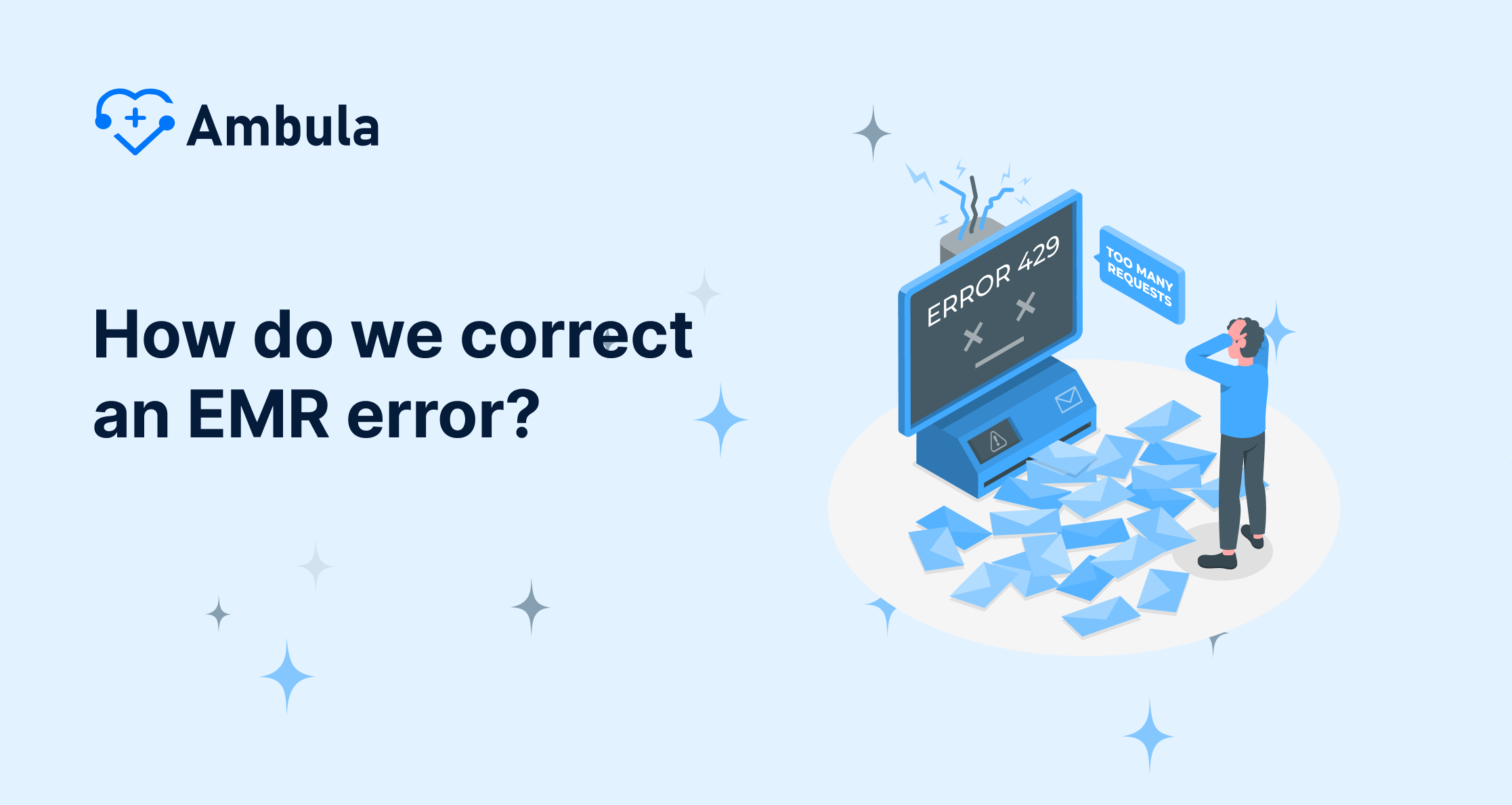How many different EHR systems are there?
Topics
- EHR definition
- EHR benefits
- Different types of EHRs
- How do you choose the best EHR for you?
You will be surprised by how many different EHR systems there are. Of course, you know how EHR software can benefit you by now. Yet, how do you pick the right one for you? Many criteria differentiate EHR options and allow them to suit some needs. As a healthcare provider, you probably know that choosing a system for your practice is not a piece of cake. Undoubtedly, EHR systems are not a one-size-fits-all package. Thus, you need to look for a system you can easily get to adapt to your current needs.
EHR definition
Before introducing how many different EHR systems there are, let’s remember EHRs. EHRs, or Electronic Health Records, are comprehensive systems that doctors use to track data. Usually, computer software keeps a file of every single form of a patient’s record. Moreover, the main target of storing all information in a digital system is increased efficiency caused by better workflows and information access.
EHR benefits
how many different ehr systems there must indicate that EHRs have many benefits. EHRs have extensive benefits. Naturally, with EHRs, you can have a simpler workflow and access charts remotely. Also, you can remain aware of the potential dangers of medication errors sooner than expected. In addition, EHRs share data among different healthcare providers. Accordingly, you can know about important lab values faster. Your practice will improve the patient’s overall health outcomes in the long term.
Check out these articles after you’re done
Different types of EHRs
Let’s answer how many different ehr systems there are to give you the bigger picture. First and foremost, there are multiple ways for EHR systems configurations. Nevertheless, every one of them has pros and cons. This depends on your practice’s special requirements and needs.
1- Physician-Hosted System: Consequently, with this solution, you will store all data on your proper server. According to this, you will purchase software and hardware. Additionally, you will be responsible for continuously maintaining and securing the stored information. If you have a larger practice, you can take care of the costs of this complicated software. Having on-site servers will speed up your system and transform it into a reliable data source.
2- Remotely-Hosted System: This is where you shift the data stored from your practice to a third party. So, the third party will cover the maintenance, security, and data backup, leaving it free of responsibility. This is perfect if you have a smaller practice or want to focus on collecting data rather than storing it. Ultimately, you’ll be free of IT problems and focus more on your patient’s well-being.
3- Remote Systems: Three types of remote systems exist:
- Subsidized: includes a relationship with an entity that supports the cost of EHRs. The doctor generally holds this relationship with a hospital, allowing it to control the data. This will probably involve legal problems like data ownership and antitrust concerns.
- Dedicated: this is when you store the EHRs on a vendor’s server costing you total control.
- Cloud-based EHRs: absolutely, it is the most adopted EHR remote system. It is when you store your data in a cloud or in a computing system that is internet-based. You don’t need to store the information on your server. The vendor will take care of that using a cloud. Thus, your data is somewhere secure on the internet, and you can access it through your vendor’s website.
How do you choose the best EHR for you?
You will find some EHRs more convenient to your practice. For example, cloud-based EHRs are not costly and spare you hiring an IT team for the management of data and maintenance. But, if you have a larger health system, you can afford more expensive hardware and hire IT technicians. Do you desire total control over your information? Do you want to control optimization, security, and infrastructure? Choose an on-premise physician-hosted system.
In conclusion, before choosing the best EHR for you, know the pros and cons. You must also study your organization to learn what will work for you. Nobody wants to change their whole practice to fit their new EHR. Consider your budget, your organization size, and any existing hardware and software already in use. Don’t go for heavy installments if you have a flexible budget or pre-existing hardware. Although this is true, keep in mind that a physician-hosted system with a server is a guarantee for reliability and speed.
Choosing how you store and host data is not a superficial task. Yet, you will see it this way if you only think of it in the short term. Yet in the long run, you need to grant patient records protection. Not only does it affect the overall patient health outcomes, but also it’ll protect your practice and boost your lifestyle.
If you’re still hesitant about how to pick your best EHR option, call the Ambula Health team: at (818) 308-4108. And now what is the difference between EHR vs EMR?





